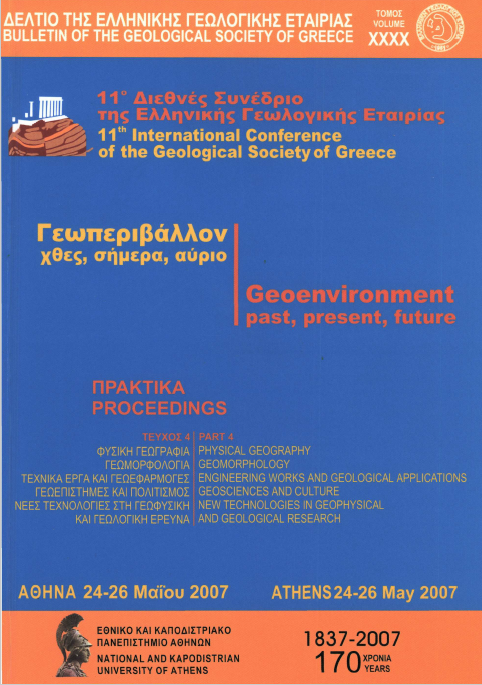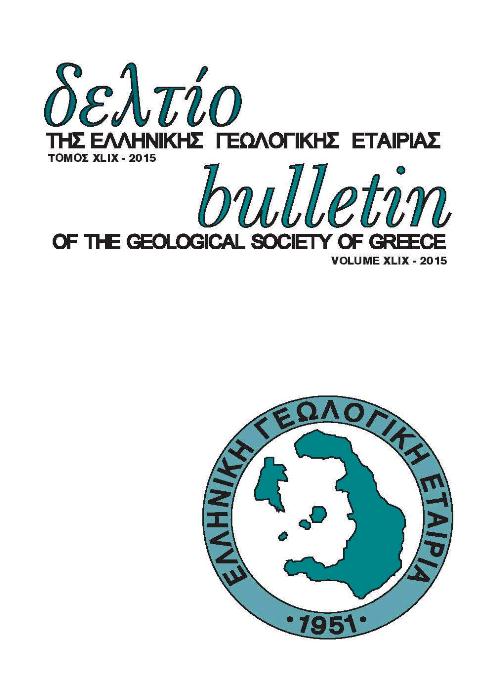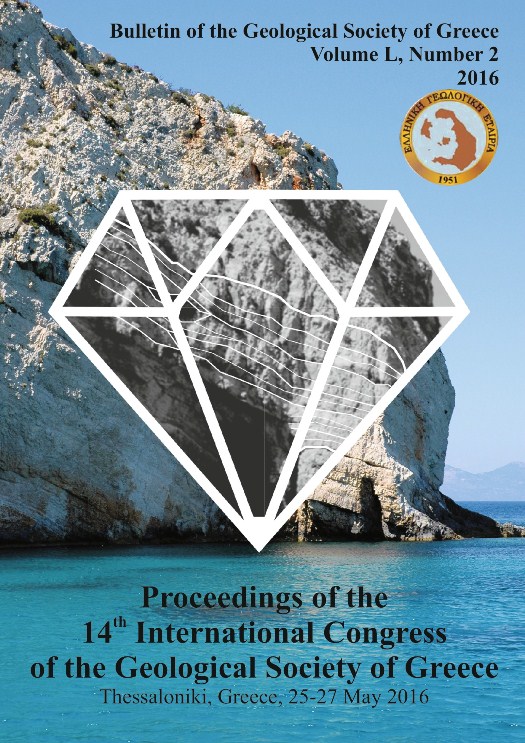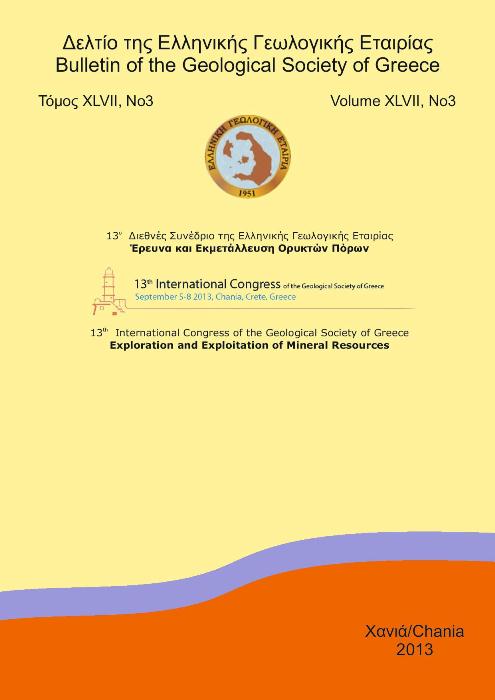Soil suitability estimation for housing purposes in landslide-prone areas. The case of Karya village, Patras, W. Greece

Abstract
This paper discusses a method of soil suitability estimation for housing purposes in landslide-prone areas based on engineering geological criteria. The studied places, Karya and Neo Souli villages are located on the eastern part of the city of Patras. Several instability problems were identified triggered by heavy rainfalls, especially during extreme meteorological events. The soil formations were classified in several geotechnical units while typical geotechnical profiles and slip sections were drawn. Limit equilibrium slope stability analyses were established in order to investigate the critical slide conditions, using shear strength parameters estimated from laboratory and in-situ testing. The studied area was finally divided into five zones according to the suitability of the encountered ground regarding housing purposes
Article Details
- How to Cite
-
Koukis, G., Sabatakakis, N., & Lainas, S. (2007). Soil suitability estimation for housing purposes in landslide-prone areas. The case of Karya village, Patras, W. Greece. Bulletin of the Geological Society of Greece, 40(4), 1683–1694. https://doi.org/10.12681/bgsg.17072
- Section
- Engineering Works and Geological Applications

This work is licensed under a Creative Commons Attribution-NonCommercial 4.0 International License.
Authors who publish with this journal agree to the following terms:
Authors retain copyright and grant the journal right of first publication with the work simultaneously licensed under a Creative Commons Attribution Non-Commercial License that allows others to share the work with an acknowledgement of the work's authorship and initial publication in this journal.
Authors are able to enter into separate, additional contractual arrangements for the non-exclusive distribution of the journal's published version of the work (e.g. post it to an institutional repository or publish it in a book), with an acknowledgement of its initial publication in this journal. Authors are permitted and encouraged to post their work online (preferably in institutional repositories or on their website) prior to and during the submission process, as it can lead to productive exchanges, as well as earlier and greater citation of published work.






